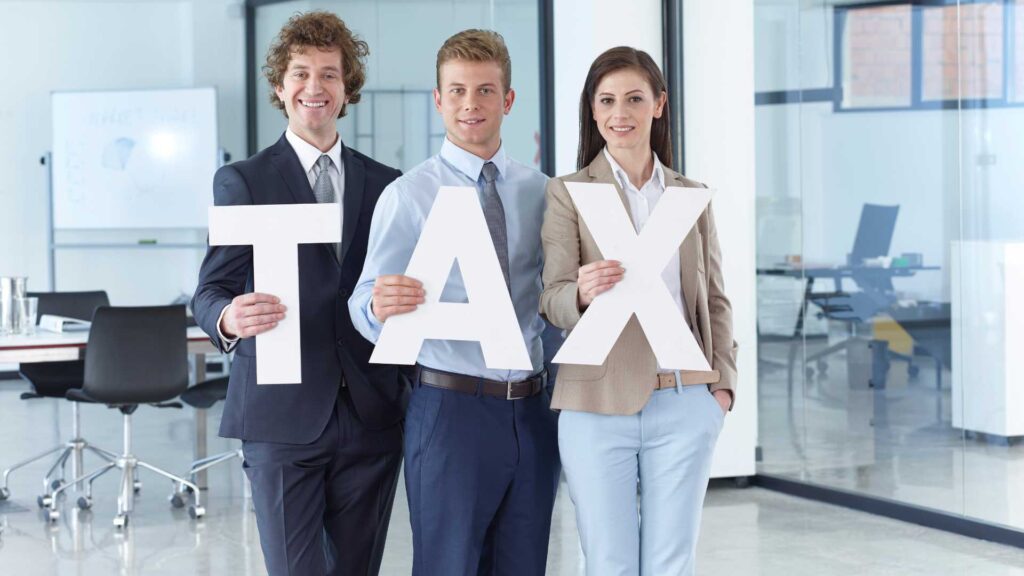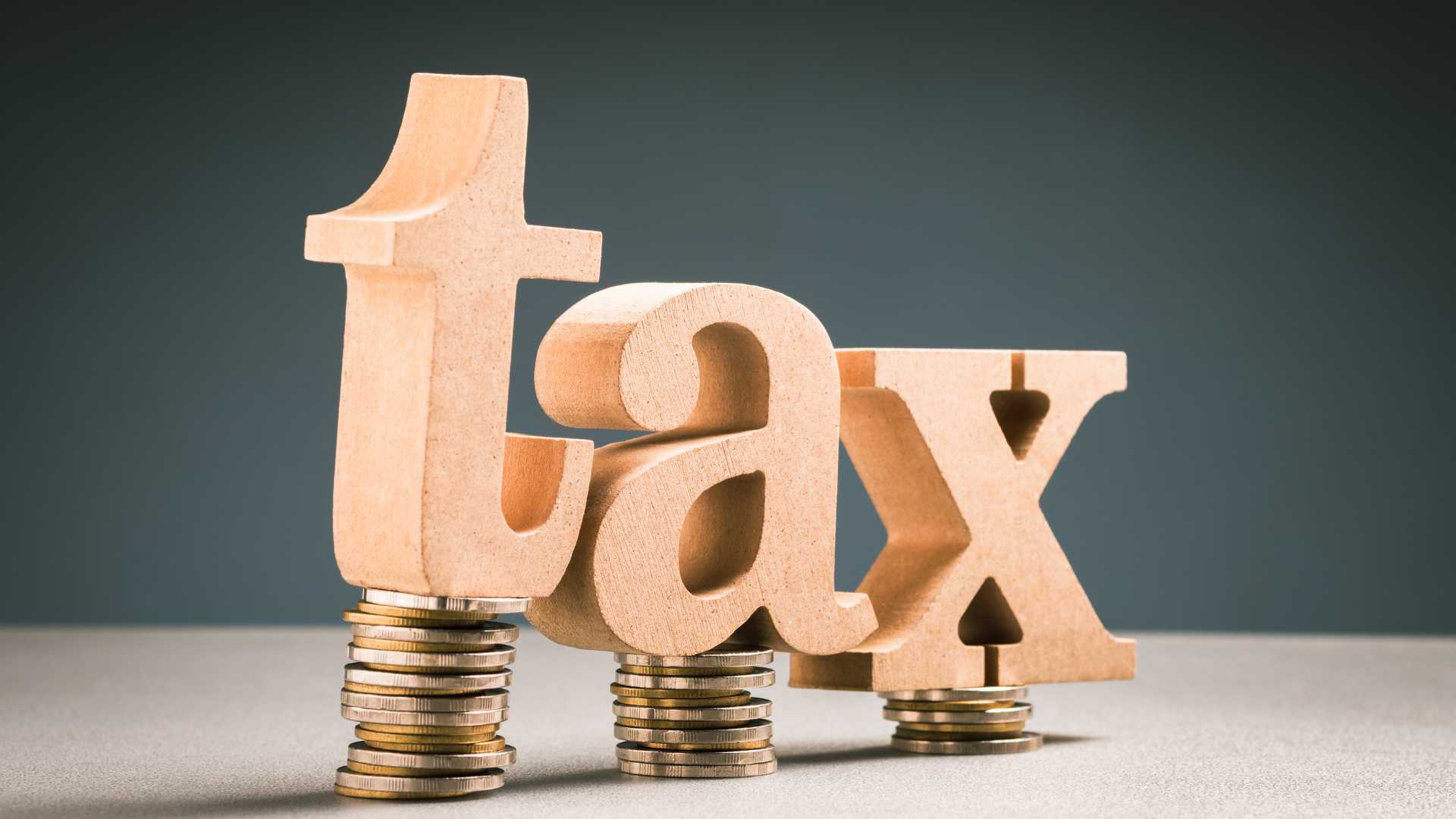
The UK tax system can be intricate, with various codes that directly influence how much tax you pay and the financial benefits you can claim. One such code is the 1271L tax code, which affects a significant number of taxpayers.
Understanding how this code interacts with deductions and credits is essential for ensuring that you’re not overpaying on your taxes and are taking full advantage of the tax benefits available to you.
Overview of the 1271L Tax Code

The 1271L tax code is a standard code issued by HM Revenue and Customs (HMRC) to UK taxpayers. It represents a personal allowance of £12,710, which is the amount of income you can earn before paying tax. The “L” suffix indicates that the taxpayer is entitled to the basic personal allowance. This tax code typically applies to individuals with relatively simple tax situations, such as employees with a single source of income and no major adjustments for other allowances.
The 1271L code not only dictates your tax-free income but also plays a critical role in determining your eligibility for various deductions and credits. Information about the 1271L tax code is crucial as it helps you manage your overall tax liability more effectively.
Deductions Under the 1271L Tax Code
Allowable Deductions
Several deductions are allowable under the 1271L tax code, helping to reduce your taxable income. These deductions include:
- Pension Contributions: Contributions to a workplace or personal pension scheme can be deducted from your taxable income, thereby reducing your tax liability.
- Charitable Donations: Donations made to registered charities under the Gift Aid scheme are eligible for tax relief. This not only benefits the charity but also reduces your taxable income.
- Work-Related Expenses: Certain expenses incurred as part of your job, such as uniforms, tools, or professional fees, may be deductible if they are necessary for your work and not reimbursed by your employer.
These deductions can significantly lower the amount of tax you owe, but it’s essential to understand the specific rules governing each one to ensure you’re claiming them correctly.
Maximising Deductions
To get the most out of the deductions available under the 1271L tax code, consider the following tips:
- Keep Detailed Records: Accurate record-keeping is essential. Ensure that you maintain receipts, invoices, and any relevant documentation to support your claims.
- Consult a Tax Professional: If you’re uncertain about which deductions apply to your situation, consulting with a tax professional can be highly beneficial. They can provide personalised advice and help you navigate any complexities.
- Review Your Tax Situation Annually: Changes in your personal circumstances, such as a new job or additional income streams, can affect your deductions. Regularly reviewing your tax situation ensures you’re not missing out on any potential savings.
Credits Available Under the 1271L Tax Code

Tax Credits Explained
In addition to deductions, certain tax credits may be available under the 1271L tax code, directly reducing the amount of tax you owe. Key credits include:
- Child Tax Credits: Families with children may be eligible for child tax credits, which provide financial support and reduce overall tax liability.
- Credits for Energy-Efficient Home Improvements: Tax credits are sometimes available for making energy-efficient upgrades to your home, such as installing insulation or solar panels. These credits incentivise environmentally friendly improvements and lower your tax bill.
These credits are precious because they reduce your tax liability on a pound-for-pound basis, unlike deductions, which only reduce your taxable income.
How to Claim Credits?
Claiming tax credits under the 1271L tax code requires careful attention to detail. Here’s a step-by-step guide:
- Collect Necessary Documentation: Ensure you have all the required documents, such as receipts, birth certificates for child tax credits, or proof of energy-efficient improvements.
- Complete the Relevant Forms: HMRC requires specific forms to be completed when claiming tax credits. These forms must be filled out accurately and submitted within the required timeframe.
- Monitor Your Claim: After submission, track the status of your claim and respond promptly to any additional information requests from HMRC.
Common Challenges and Solutions

Understanding Complex Deductions and Credits
Navigating the complexities of deductions and credits under the 1271L tax code can be challenging. Not all expenses qualify, and some tax credits come with stringent eligibility criteria. To manage these complexities:
- Stay Informed: Regularly check HMRC guidelines for any updates or changes that could affect your deductions and credits.
- Get Professional Help: If you encounter difficulties, a tax advisor can provide expert guidance to help you make the most of your tax situation.
Errors to Avoid
Common mistakes when filing under the 1271L tax code include misreporting expenses, overlooking eligible deductions, and failing to claim available credits. To avoid these pitfalls:
- Double-check your Claims: Before submitting your tax return, thoroughly review your claims for accuracy and completeness.
- Organize Your Records: Keep all your tax-related documents well-organized and easily accessible to prevent last-minute errors.
Conclusion
Filing your taxes under the 1271L tax code with precision is crucial for optimising your financial situation. By understanding how this tax code affects your deductions and credits and by taking steps to ensure accurate filing, you can maximise your tax benefits and minimise your liabilities. Information about the 1271L tax code is essential for navigating the complexities of the UK tax system with confidence.
